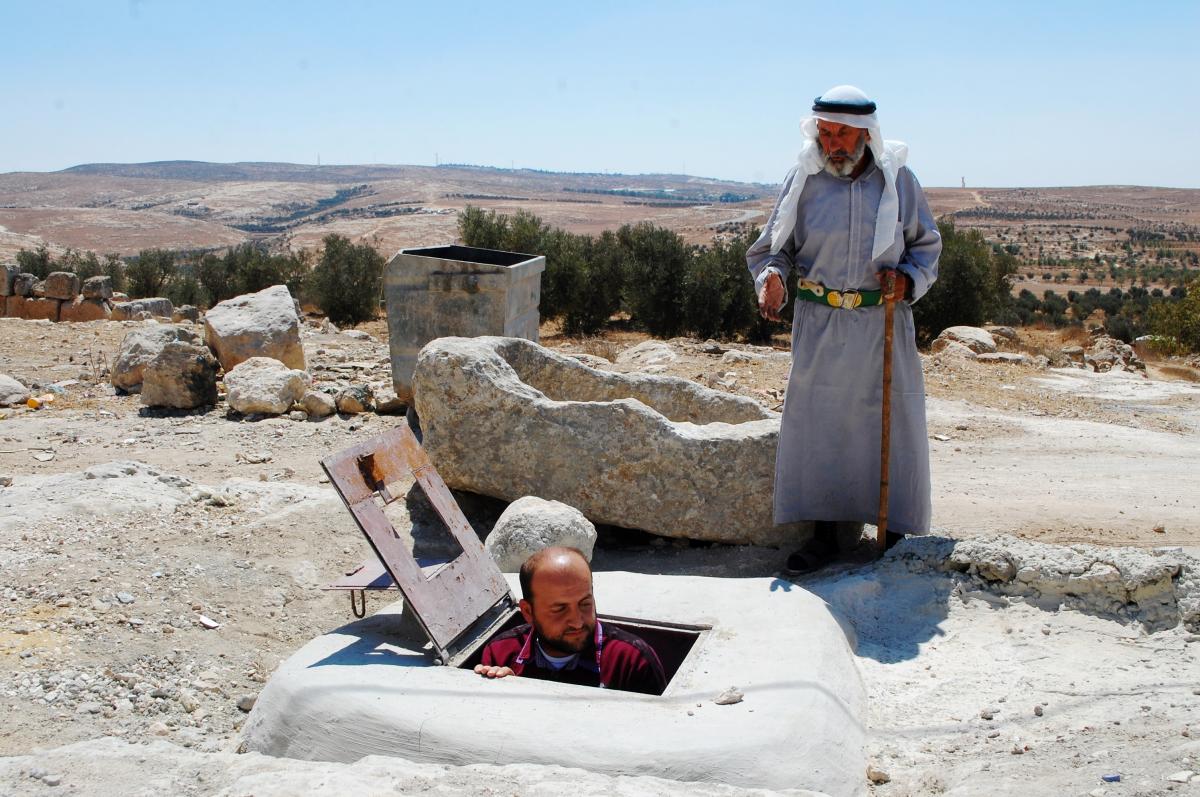Local Economic Development (LED) - A new pillar to strengthen collaboration between villages
Currently, the West
Bank is split in more than 500 local government units. Some of them are so
small that they are not able to provide the necessary services to their
citizens in terms of waste management, water supply, street cleaning…
The Local Government Reform and Development Programme
(LGRDP) tries to strengthen municipalities and village councils across the West
Bank in order to give everyone access to basic services, also the citizens
living in the smallest villages. The intention is to create a streamlined local
government sector with an effective local administration capable of realising
sustainable development, and to reduce the development discrepancies between
communities. Therefore, we aim to facilitate and strengthen inter-village collaboration,
so that villages can exploit and share local resources and jointly provide the
necessary services for their citizens.
In order to encourage small villages to work together, we
are now implementing a local economic development (LED) approach. A LED
strategy can offer a small window of hope for the future of the Palestinian
population notwithstanding the great uncertainty about the creation of a viable
Palestinian State in the coming decades. It helps the Palestinians to improve
their local economy, which should lower the unemployment and increase social
cohesion and will eventually contribute to the enhancement of their quality of
life.
The first LED pilot project under the local government
reform and development program started one year ago, in the newly created
municipality of Al Karmil, consisting of four villages that have decided to
melt together. The socio-economic analysis of Al Karmil revealed that the
cluster has four sectors of high economic potential. The most important of them
is the agricultural sector.
Although the agricultural sector in Al Karmil could
potentially have been very developed
already, it was suffering from a severe lack of water. Therefore, the LED
strategy for Al Karmil has focused mainly on improving the access to water for the
local farmers. In total, 35 water cisterns have been rehabilitated, so the
farmers can again collect rainwater for agricultural purposes. Moreover, 40
farmers have been trained on water management skills and best water practice
awareness, in order to maximise the use of the available rainwater.
The water cisterns have been rehabilitated by local farmers,
who operated as small contractors for the project. By employing locals, the
ownership of the project in the local community has increased. Furthermore, this
opportunity created 80 temporary working opportunities for community members.
In the future the LED strategy will be developed and used in
other village-clusters as well.
Depending on the existing local resources of each village-cluster, the approach
will be different for each of them, but in every cluster the LED strategy will
always be developed in partnership with the private, public and civil society
sectors.
Laatste nieuws van dit project
Geen nieuws

